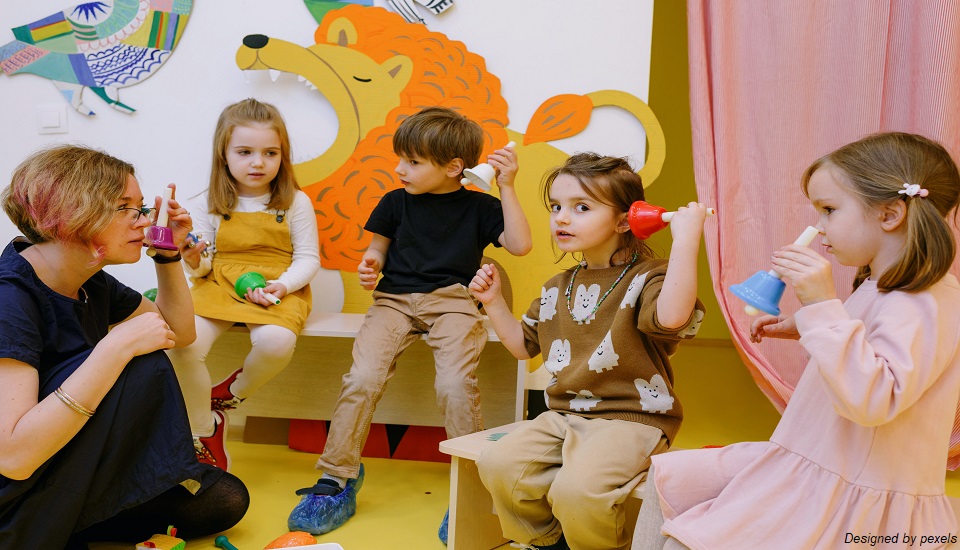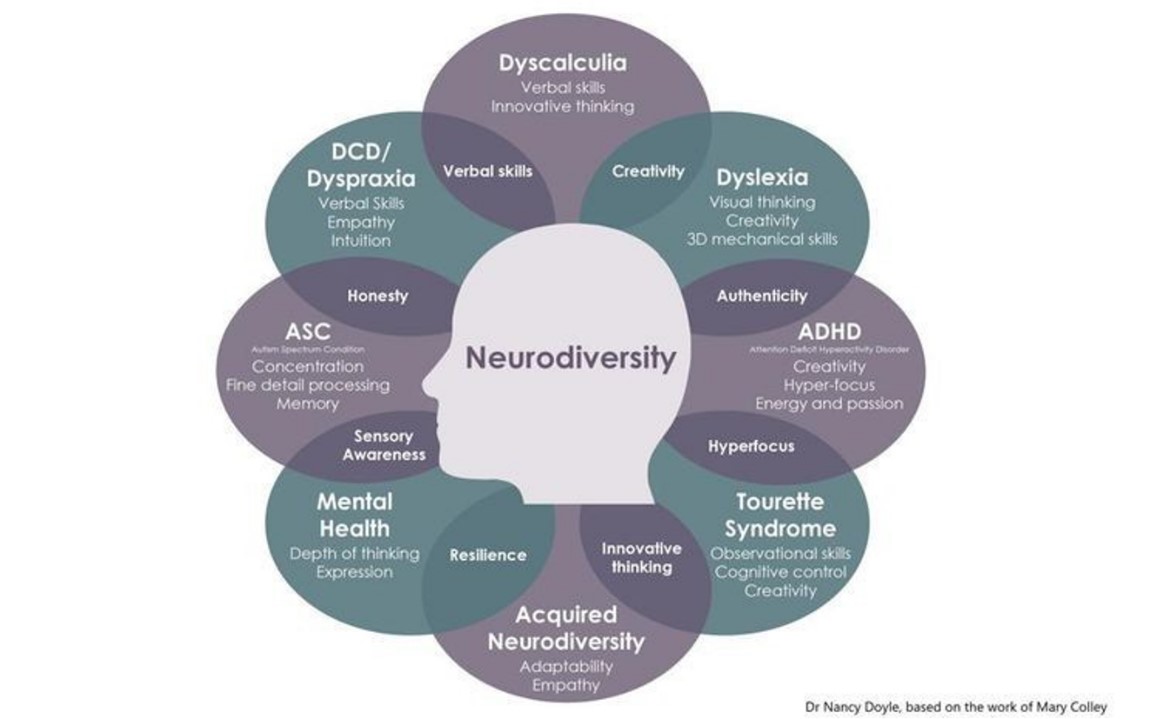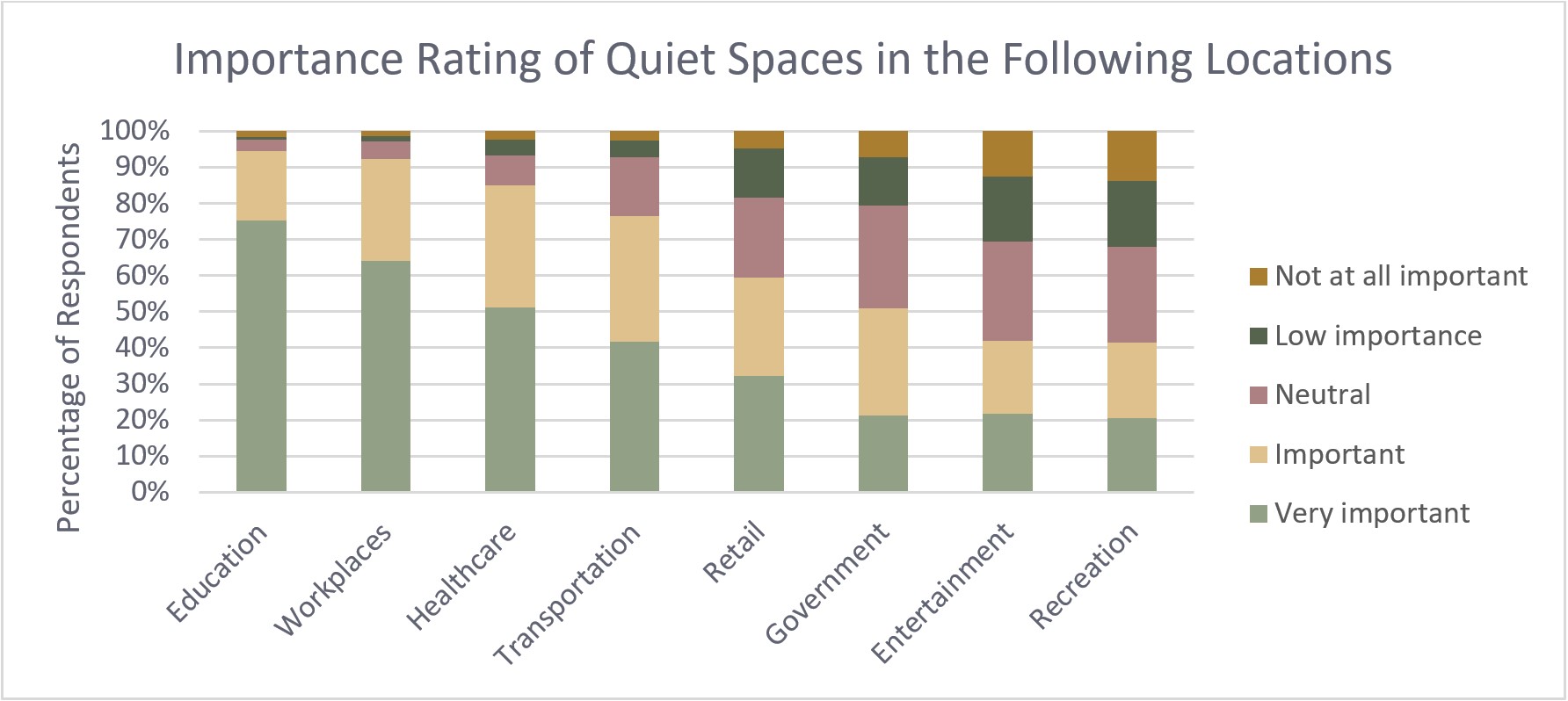
Sensory spaces or rooms are known to have immense benefits for young learners who are known to have neurodiverse superpowers. For people who are not entirely familiar with the concept of sensory rooms, let us first look into what these rooms are and what are the benefits of creating a sensory corner in your classroom.
But the major question is can it be used by other kids? When things get too much to handle for these little kids can they crawl up into this space and feel safe? Well, let’s find out.
What Is A Sensory Classroom?

Sensory classroom in preschools or education institutions is a therapeutic spaces for students. It comprises various equipment to offer customized sensory learning to students with special needs. These specialized and personalized devices evoke calmness among neurodivergent students and help them focus, socialize, interact, and learn with others more effectively.
However, these spaces are not limited only to learners with special needs for every student who feels overwhelmed and needs a quiet moment on their own. Sensory classrooms are meant to equip students with the right tools for their minds and body, thereby improving their attention span and willingness to learn. Furthermore, sensory corners can not only help students but also makes teachers' lives way easier.
How To Create A Sensory Area In Your Classroom?
To create a sensory space in your classroom successfully, here are some steps you can consider.
Benefits Of A Sensory Space In Your Classroom
There are several benefits of creating a sensory corner in your classroom including reduced distraction and heightened focus. Thus, if you also want to adhere to the needs of all your kids, here are some ways in which sensory spaces can help.

As a teacher when you walk into the classroom it is easy to read the room. You can easily understand if your class is down or excited for a new day. In such cases, sensory corners can give you better control over the situation. You can engage your students with the sensory equipment and help them relax and vent out.
This will allow the learners to feel more included and connected to each other while maintaining a sense of community. Additionally, a relaxed learning environment will make them feel safe and secure.
When you create a comfortable learning environment for kids their learning potential and interest automatically increase. Sensory spaces allow the children to become better at following instructions thus increasing the speed of completing a task.
This has a positive impact on the students and decreases negative behaviors this boosting emotional development.
Self-regulation is a person’s ability to manage energy levels, emotions, behaviors, and attention span. However, when it comes to children with special needs, they don't have adequate time to interpret and manage their sensory stimulations.
This is when having sensory spaces in classrooms makes it easier for these kids to be aware of their environment. When they are better able to manage themselves, it will increase school readiness and excitement.
Going to school every day and undergoing a variety of activities can increase sensory overload in children, especially autistic learners. This can create a sense of burnout, exhaustion, and frustration.
Thus, having a dedicated sensory space can allow them to relive these emotions and you can make them feel relaxed. This will make them happier and better rested even at school.
These sensory corners are a common place for all the learners to come up and have fun. Thus, students who find it hard to socialize can blend in better when they are aware that they are not alone.
Thus, sensory spaces can create a sense of bond and togetherness and can foster new relationships which might have been otherwise difficult to build.
The Final Takeaway
Sensory spaces act as a safe haven to provide a positive experience to learners who might otherwise feel endangered or threatened in a new environment. Thus, educators should also get into the habit of creating and using sensory rooms now and then to boost cognitive and emotional development along with building hand-eye-coordination skills, gross motor skills, etc. If you are unaware of implementing a sensory space in your classroom, consider pursuing Autism courses for teachers to gather better insights.
Get In Touch
UK – Registered OfficeAsian College Of Teachers Ltd (UK)
27, Old Gloucester Street, London – WC1N 3AX, UK
UK Toll Free: 0-808-189-1203
www.asiancollegeofteachers.co.uk
All SEN Courses are designed, developed and created by Asian College of Teachers Ltd, United Kingdom. These courses are certified by CPD Certification Service UK and endorsed by NCC Education, UK, and Short Courses from CACHE, UK through Laser Learning UK.
Asian College of Teachers (ACT) undertakes a continuous review of its teacher training courses to ensure imparting high quality education. However, there might be circumstances outside of ACT’s control which might affect its stakeholders like if you are planning to teach in a different country, applying for a teaching license, pursuing higher studies or trying to get the certificate approved by the Ministry of Education (MoE) of a particular country then you can do so with the certificate issued by Asian College of Teachers (ACT). However, each country’s Ministry of Education (MoE) or educational bodies set certain standards that are indispensable for the pursuit of higher studies or teaching in schools in that country. So it can be a possibility that you may be able to use the certificate for higher studies or teaching purposes in one country and not in another. Therefore, we strongly recommend that you investigate thoroughly and check with the relevant authorities regarding the acceptance of the certificate issued by us before you enrol on a particular course. ACT strives to offer high-quality education and its certificates can be valuable for various purposes internationally, but still it is crucial for individuals to verify the specific recognition of the certificate in the country they intend to use it, especially for formal education or professional licensing purposes. This approach ensures that the stakeholders make informed decisions regarding their educational and career paths.
© 2025 Asian College of Teachers. All Rights Reserved. Asian College Of Teachers is a trading brand of TTA Training Pvt. Ltd (India) - CIN U80902WB2016PTC215839, Asia Teachers Training Co., Ltd (Thailand) - Registration No. 0105558193360, Asian College Of Teachers Ltd (UK) - Company Number 9939942 & Asian College Of Teachers LLC, (USA) - Federal Tax Identification Number 30-1261596
Designed by kreativewebtech